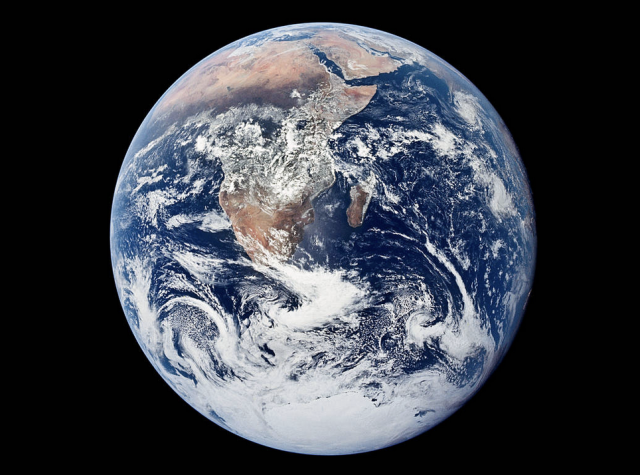About 250M years ago, 90% of species on Earth died during the Permian extinction.
Tragic? Perhaps. But it also created a lot of vacant niches to fill.
And not long after, the very first mammals, our ancestors, appeared.
#Life on Earth is resilient & will continue to be, whether we're part of it or not. #history #science

Barry Goldman
in reply to Sheril Kirshenbaum • • •was just thinking about how the last 100,000 years of climate bouncing helped make us human. i'm sure it was a struggle, but creative.
what will the next 100,000 years of climate bouncing create?
it'll be rough but we are rugged.
CaveDave
in reply to Sheril Kirshenbaum • • •Gustavo Ogasawara
in reply to Sheril Kirshenbaum • • •MoveTheMouse
in reply to Sheril Kirshenbaum • • •haley
in reply to Sheril Kirshenbaum • • •HistoPol (#HP) 🏴 🇺🇸 🏴
in reply to Sheril Kirshenbaum • • •Yes, I had been thinking about that.
"New research shows the "#GreatDying" was caused by global warming that left ocean animals unable to breathe...As temperatures rose and the metabolism of marine animals sped up, the warmer waters could not hold enough oxygen for them to survive. "*
/s: That, and that the only known species that was as stupid as human beings to destroy its habitat was the #BlueAlgae.
What does this say about human intelligence? /s
*
earth.stanford.edu/news/what-c…
What caused Earth's biggest mass extinction?
Stanford Doerr School of SustainabilityMunkySpunk
in reply to Sheril Kirshenbaum • • •Larry
in reply to Sheril Kirshenbaum • • •Daisy Doo & TuxieGirl Betty
in reply to Sheril Kirshenbaum • • •SpaceLifeForm
in reply to Sheril Kirshenbaum • • •Life will always reboot itself via deep ocean vents.
As long as the magnetic field exists.
See Mars for when the magnetic field stops.
smaroukis
in reply to Sheril Kirshenbaum • • •init6
in reply to Sheril Kirshenbaum • • •O'Shaq Hennessy
in reply to Sheril Kirshenbaum • • •Edelruth, PBS Passport Holder
in reply to Sheril Kirshenbaum • • •Will it though?
Or are we creating the next Venus?
Roland Legge
in reply to Sheril Kirshenbaum • • •@batyalee 🌿
in reply to Sheril Kirshenbaum • • •Jay Peach
in reply to Sheril Kirshenbaum • • •Erik Ableson
in reply to Sheril Kirshenbaum • • •Cps10001
in reply to Sheril Kirshenbaum • • •